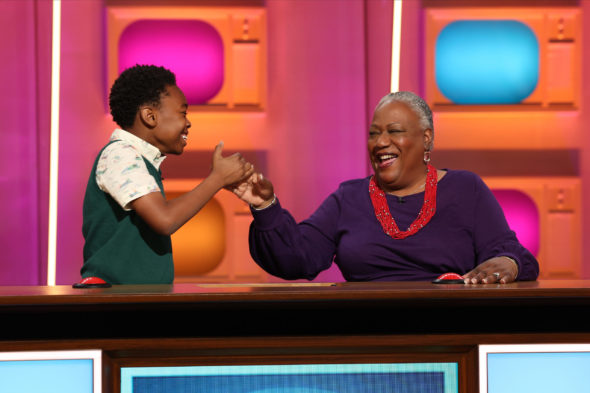Now for some good news: After “The Night Manager” and “Tenet,” this is the third, and hopefully final, time Elizabeth Debicki plays a fragile, glamorous woman trapped in an abusive relationship. Not because she can’t do the job. On the contrary, Debicki’s Diana picks up exactly where Emma Corrin’s left off. The latter perfected that bashful chin-tuck, doe-eyed upward glance known the world over, but Debicki wisely builds upon that foundation. She packs over 15 years of agony and loneliness into the graceful, swanlike bend of her neck and back; misery has caked under her eyes like the kohl she uses on both lashlines. During Season Five, Diana is often alone at home, putting on a disguise to sneak into the movies with a boyfriend, or taking clandestine meetings with dishonorable BBC journalists. Debicki truly soars when she distinguishes the public-facing Diana—posing in photo calls with her adulterous husband as his future queen, smiling, waving—from the one abandoned by all who knew her.
The emotional devastation Debicki conveys intensifies when there is neither dialogue nor a scene partner. Like Matt Smith (Prince Philip in Seasons One and Two) and Vanessa Kirby (Princess Margaret, Seasons One and Two), Debicki knows she’s playing a mercurial figure with a lot of personality. All three use their characters’ individual experiences of physical and psychological torment to create a wall between their true selves and everyone else. But only Philip and Margaret are safe, having long given up fighting the system. Diana, as she puts it in an interview with Martin Bashir (Prasanna Puwanarajah, walking a fine line between dishonest and sincere), battled to the end.

Tragically underused is the magnificent Lesley Manville. Very few actors take pleasure in their craft the way she does. Helena Bonham Carter’s portrayal of Princess Margaret was terrific, but sometimes felt brittle and one-note. There is a deep, abiding brokenness in Manville’s Margaret—after divorcing Count Snowdon the Princess never remarried and smoked herself into oblivion—but there is also wry self-awareness and dignity. Nowhere is this more apparent than when the Princess reunites, at a party, with an elderly Peter Townsend (Timothy Dalton, doing more acting here than in the rest of his career). That the episode dovetails between the fleeting joy Margaret feels, dancing in the arms of the man she’d promised herself to, drinking and laughing with him, and the 1992 fire that damaged Windsor Castle, could easily turn into lazy symbolism. Margaret, however, treats her sister to a blistering monologue, weaving somewhat tipsily around a room, drink firmly in hand, admonishing Elizabeth’s self-pity and asking whether she can even bring herself to admit that she destroyed her only sister’s dreams. Manville and Staunton are frequent Mike Leigh collaborators, so I was hopeful some of that intense chemistry would have a chance to take root and flourish. Alas, as I’m sure Margaret herself would agree, there’s not nearly enough Margaret in “The Crown.”
























































![Social Media Spring Cleaning [Infographic] Social Media Spring Cleaning [Infographic]](https://imgproxy.divecdn.com/9e7sW3TubFHM00yvXe5zvvbhAVriJiGqS8xmVFLPC6s/g:ce/rs:fit:770:435/Z3M6Ly9kaXZlc2l0ZS1zdG9yYWdlL2RpdmVpbWFnZS9zb2NpYWxfc3ByaW5nX2NsZWFuaW5nMi5wbmc=.webp)
![5 Ways to Improve Your LinkedIn Marketing Efforts in 2025 [Infographic] 5 Ways to Improve Your LinkedIn Marketing Efforts in 2025 [Infographic]](https://imgproxy.divecdn.com/Hv-m77iIkXSAtB3IEwA3XAuouMwkZApIeDGDnLy5Yhs/g:ce/rs:fit:770:435/Z3M6Ly9kaXZlc2l0ZS1zdG9yYWdlL2RpdmVpbWFnZS9saW5rZWRpbl9zdHJhdGVneV9pbmZvMi5wbmc=.webp)














